The world of Counter-Strike: Global Offensive is apparently far from being rid of match-fixing.
On Jan. 16, 2015, it was revealed that several of North America’s most prominent CS:GO players had thrown a competitive game in order to acquire weapon skins illicitly. The players were permanently banned from competing at events hosted by the game’s developer, Valve. While many people thought that was the end of the issue, apparently the practice of match-fixing continues, as a supposed match-fixer has told esports journalist Richard Lewis that the practice is still rampant among lower-level competition.
Lewis chronicled his interactions with a match-fixer called Karim “tropica” El Amrani. Aside from facilitating fixed matches, tropica is apparently the administrator of a private Facebook group named “CS:GO EU Pracc,” in which European semi-professional players set up practice matches. Tropica told Lewis that he’s made between $10-20,000 off fixed matches since December 2016, and presented Lewis with four examples of fixed matches in that space of time, as well as his betting record.
Fear of getting caught is often considered the main deterrent against match-fixing in CS:GO. The precedent Valve has set when it comes to punishing match-fixers is extremely harsh, as players receive permanent bans from competing at any events hosted by the developer. Other tournament organizers have also proven hesitant to let banned players compete at LAN events.
While only one of the four matches tropico mentioned in his conversation with Lewis took place on LAN, tropico went on to say that teams that throw matches today have next-to-no difficulty in getting away with it.
“You can’t really catch these teams who are fixing their matches because its so easy to get away,” tropico wrote, before explaining that “your friends can bet, your family can bet, you can bet with bitcoins… That’s why no one has gotten caught since iBP [iBuyPower].”
Additionally, tropico, who is based in Finland, told Lewis that multiple players and managers in the Finnish CS:GO scene are organizing the throws. At least one of the matches tropico insinuated was a throw took place at the Finnish LAN Assembly, and that all bets on the match went through the betting platform Nordic Bet.
While match-fixing is rarely considered at the top level of CS:GO, there’s considerably more concern when it comes to semi-professional competitions. Given the lower standard of living players on smaller esports organizations receive in comparison to established brands, due to a lack of proper salaries and prize pools, the allure of match-fixing may seem like a more justifiable act.
Nordic Bet has launched an investigation into the claims put forward by tropico, according to Lewis. It remains to see what is discovered.


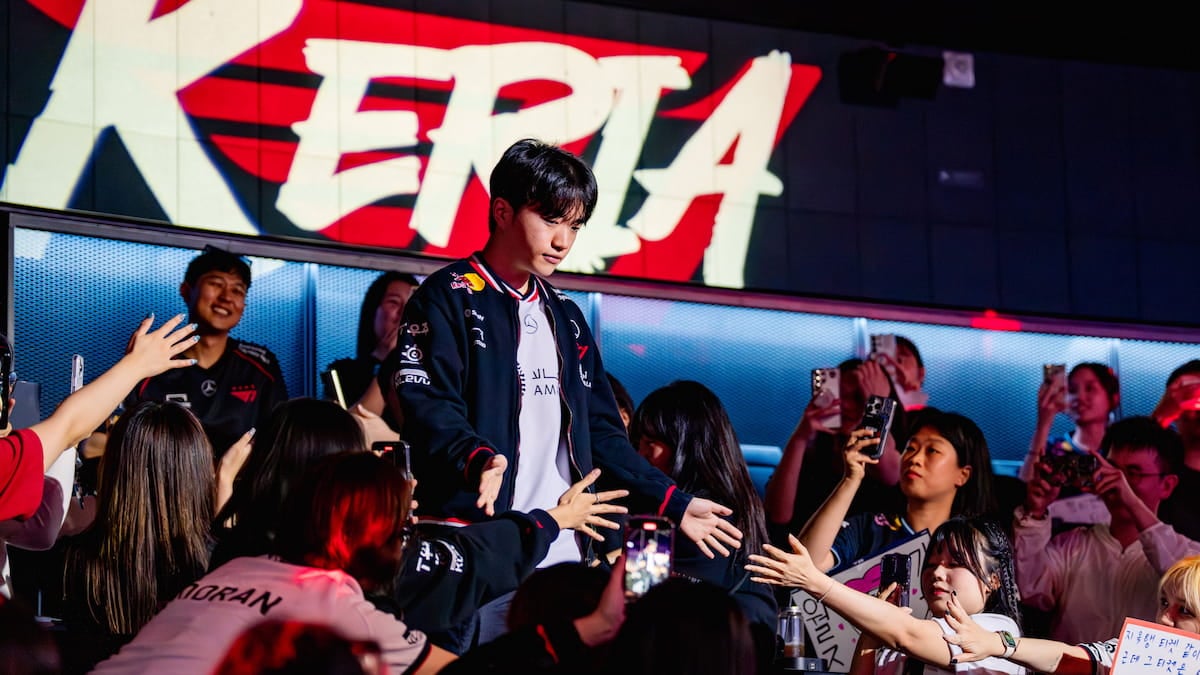
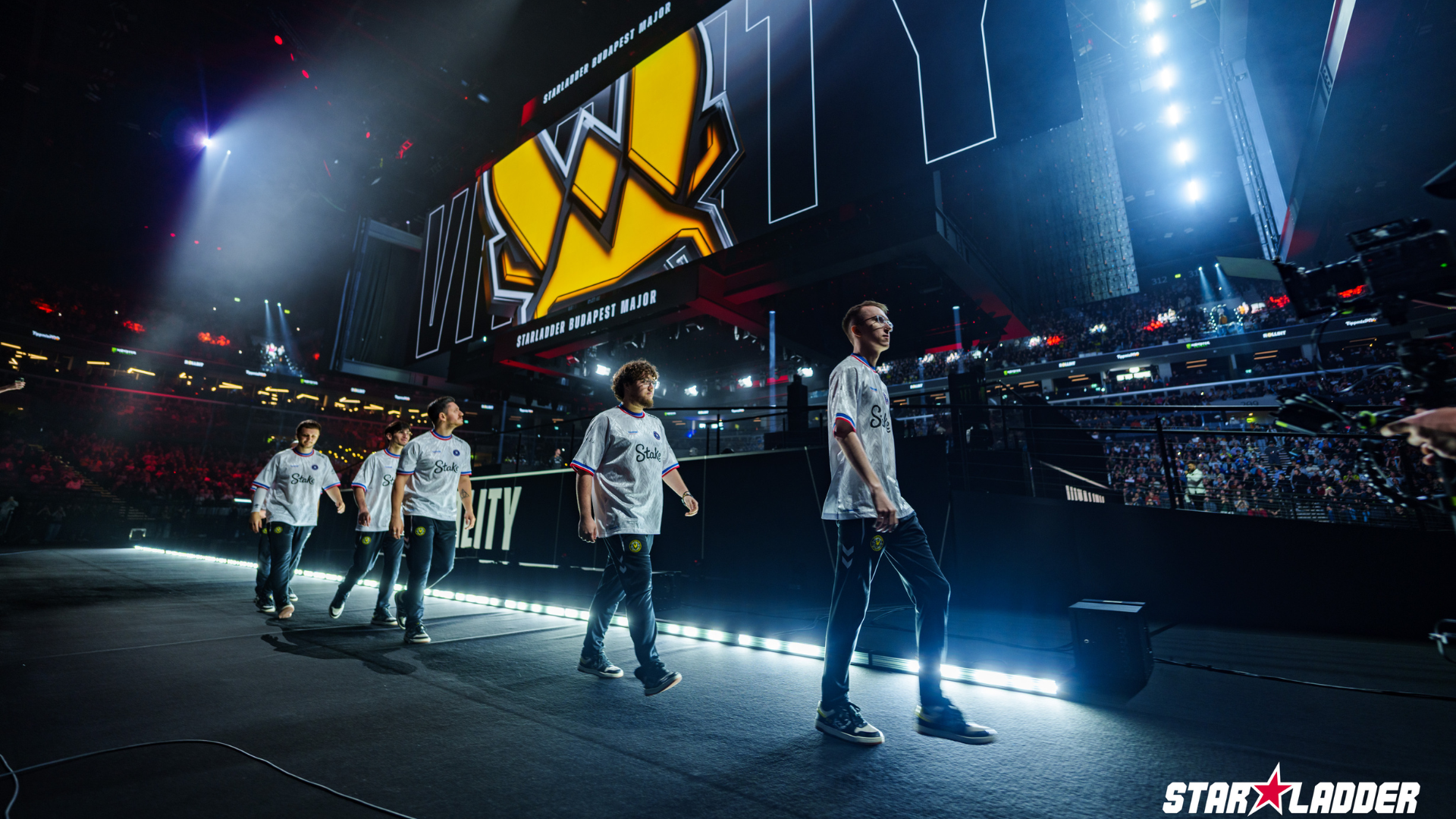

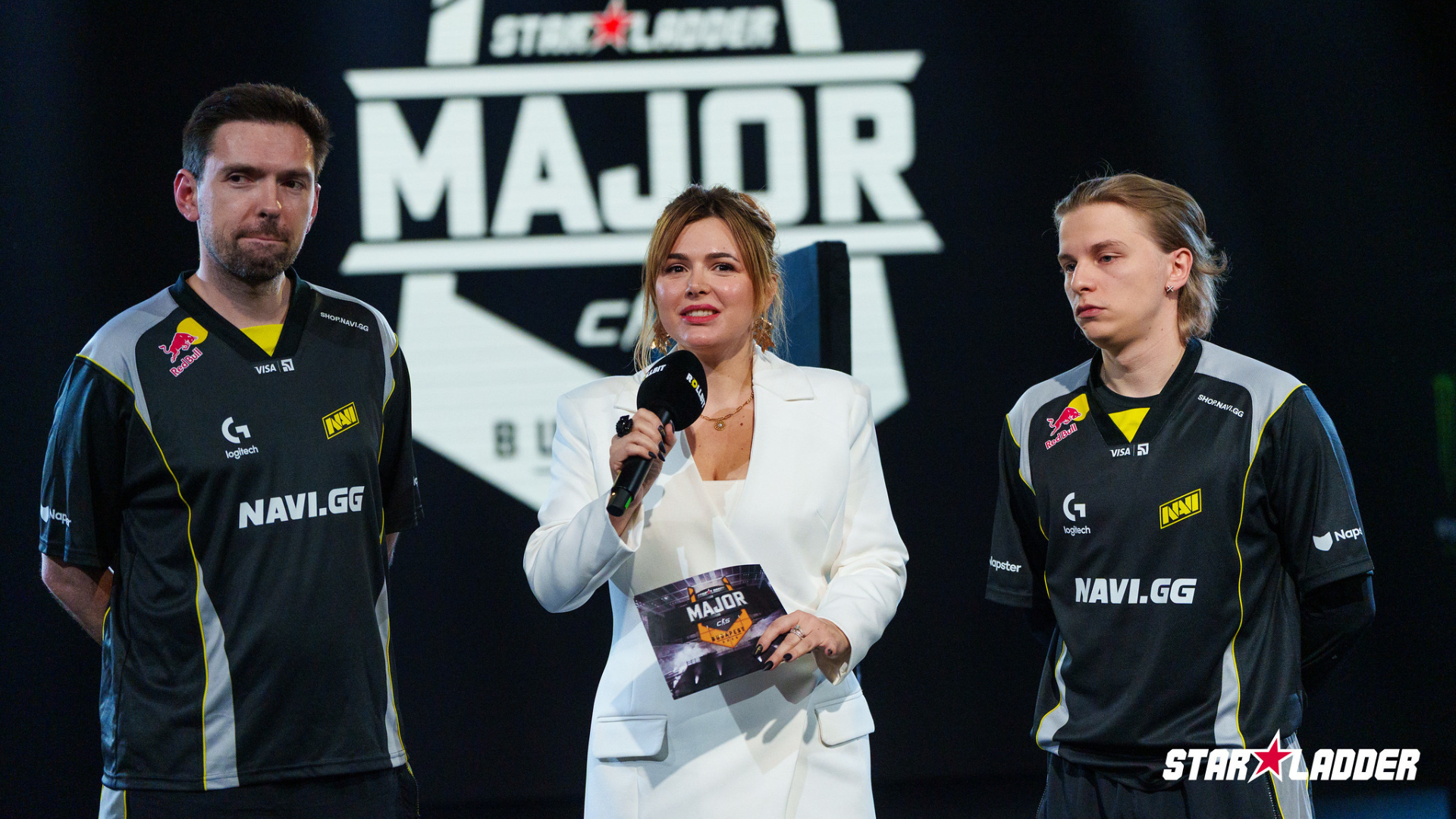

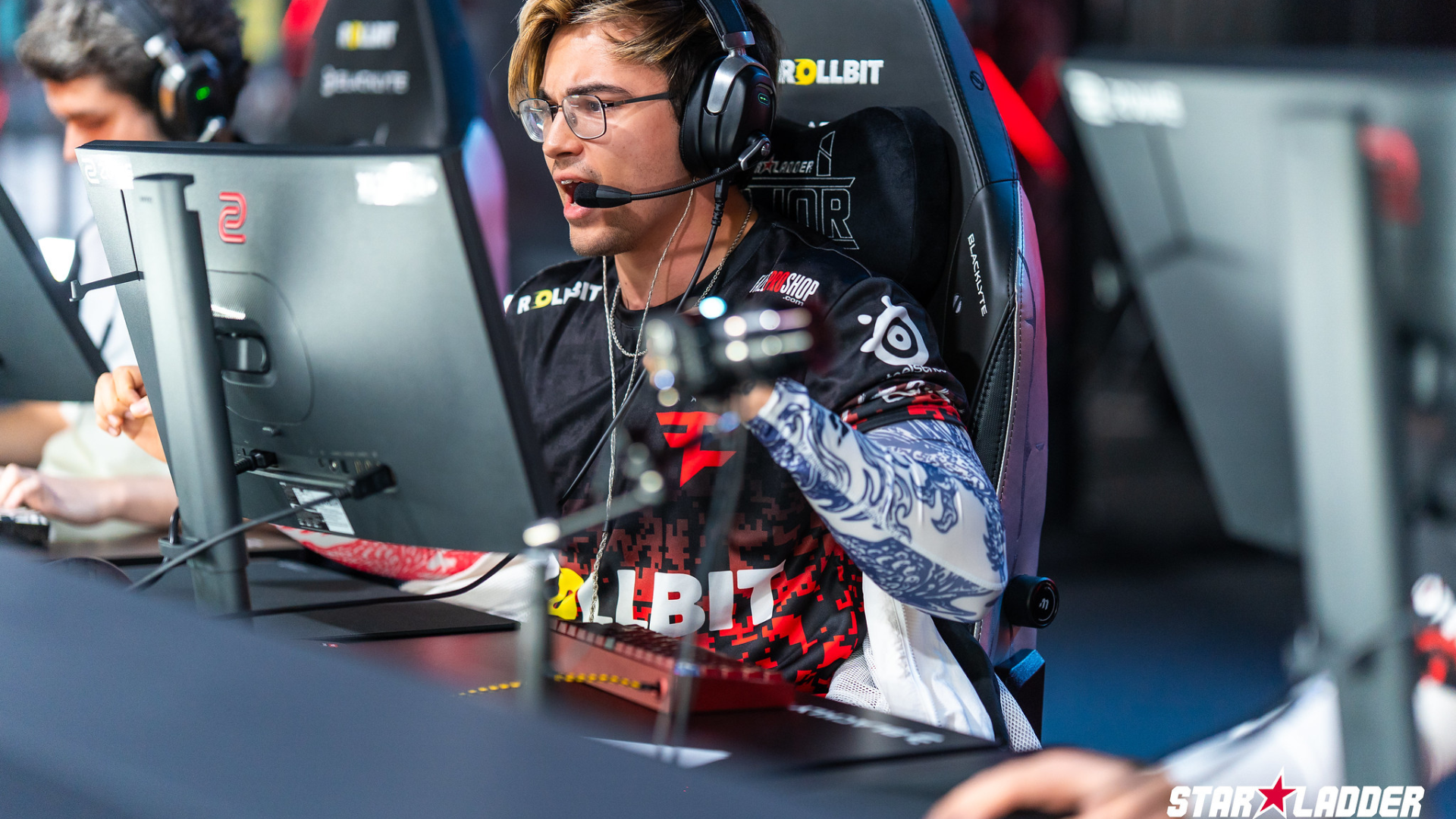

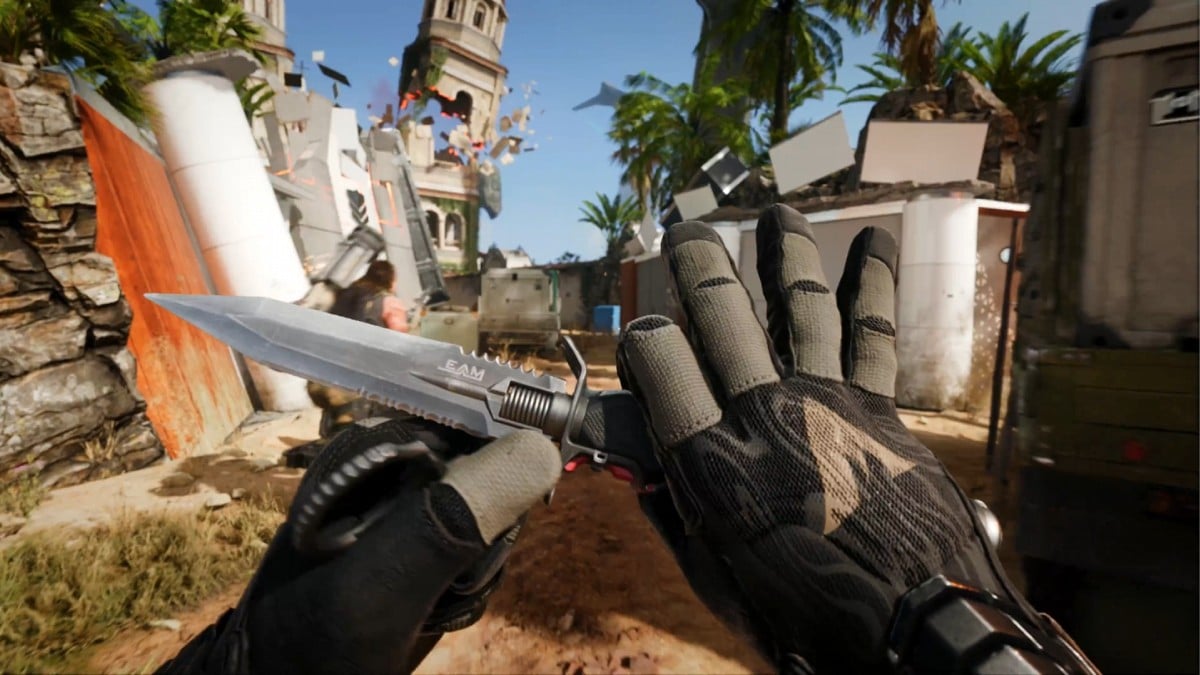
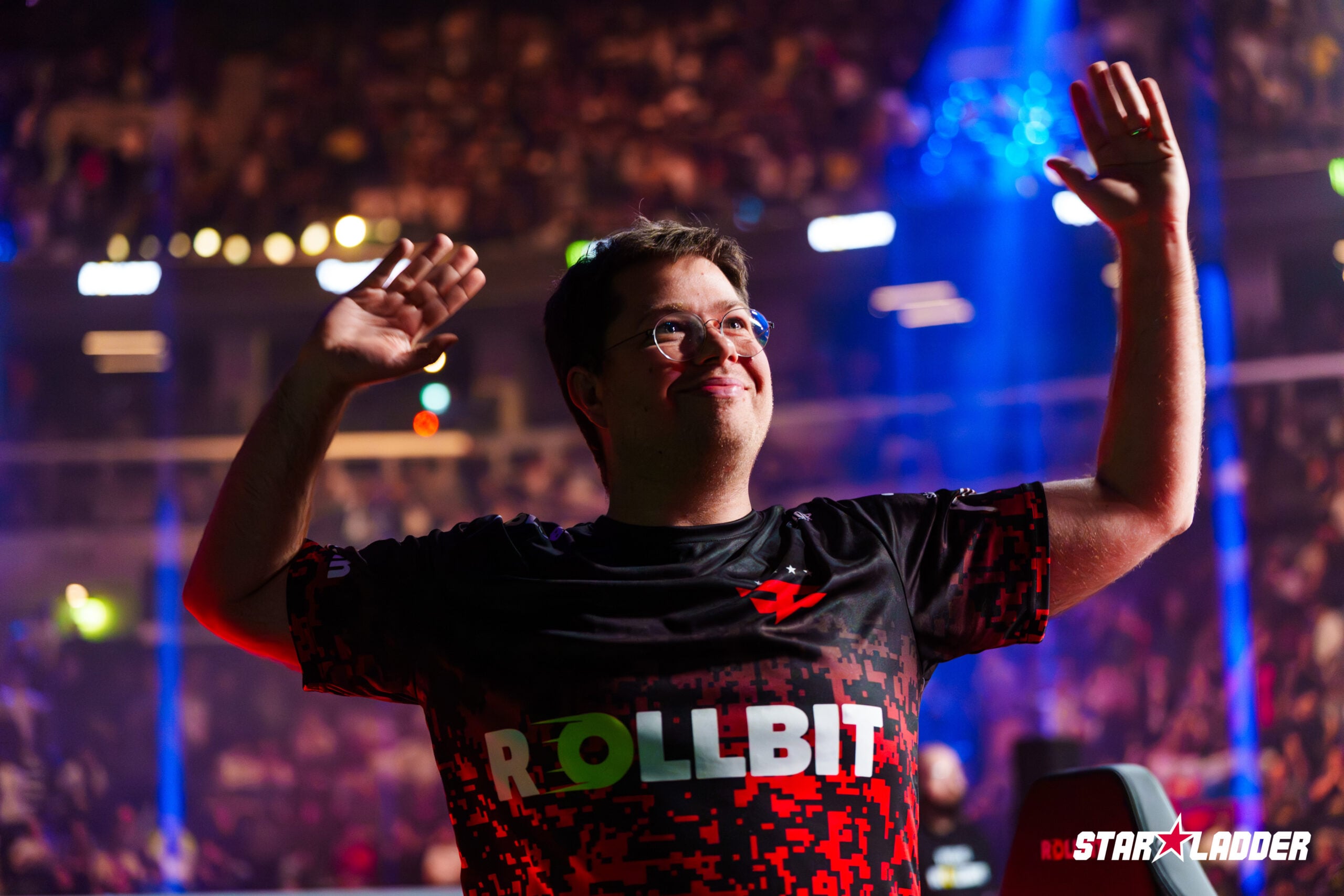
Published: Mar 21, 2017 09:10 am